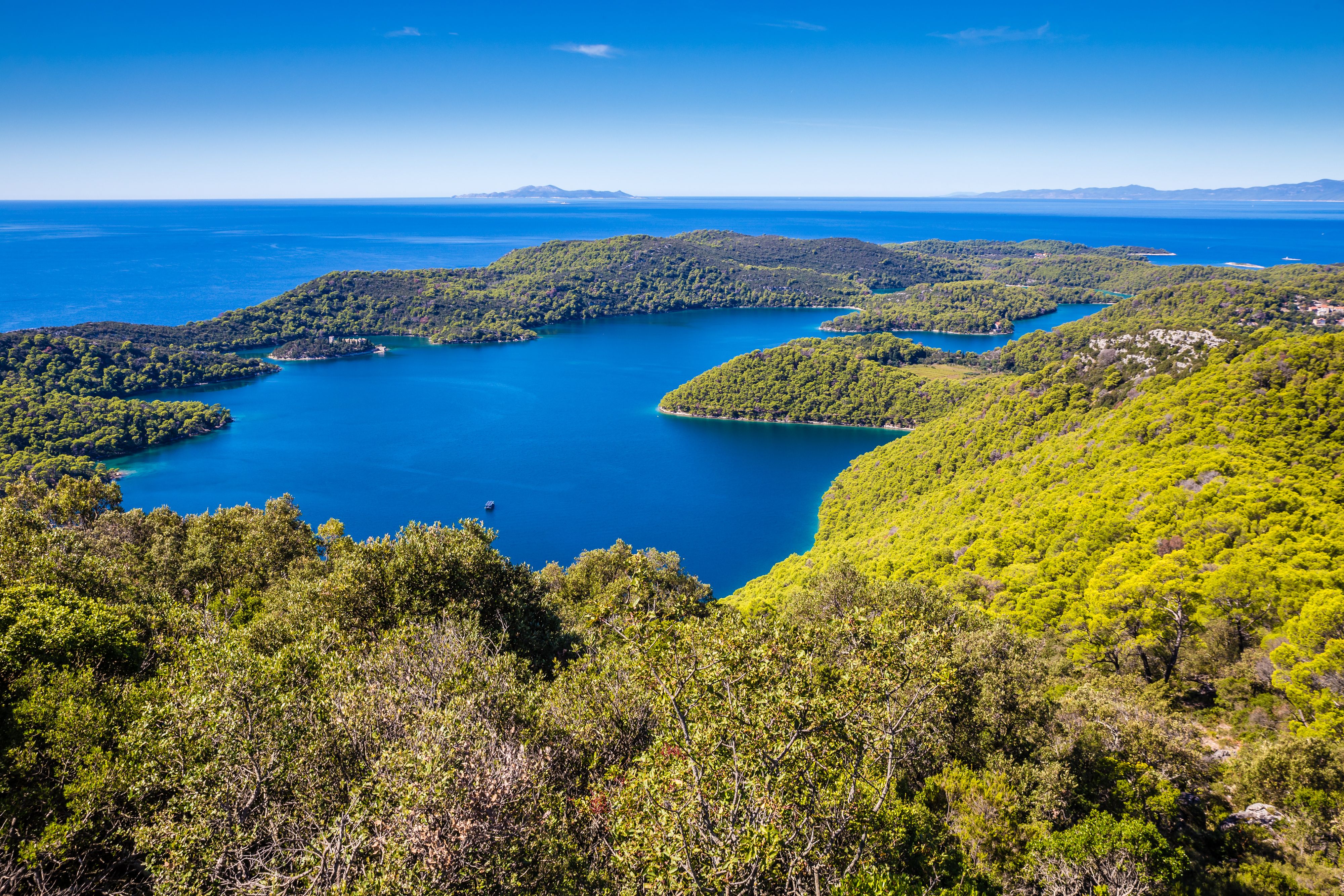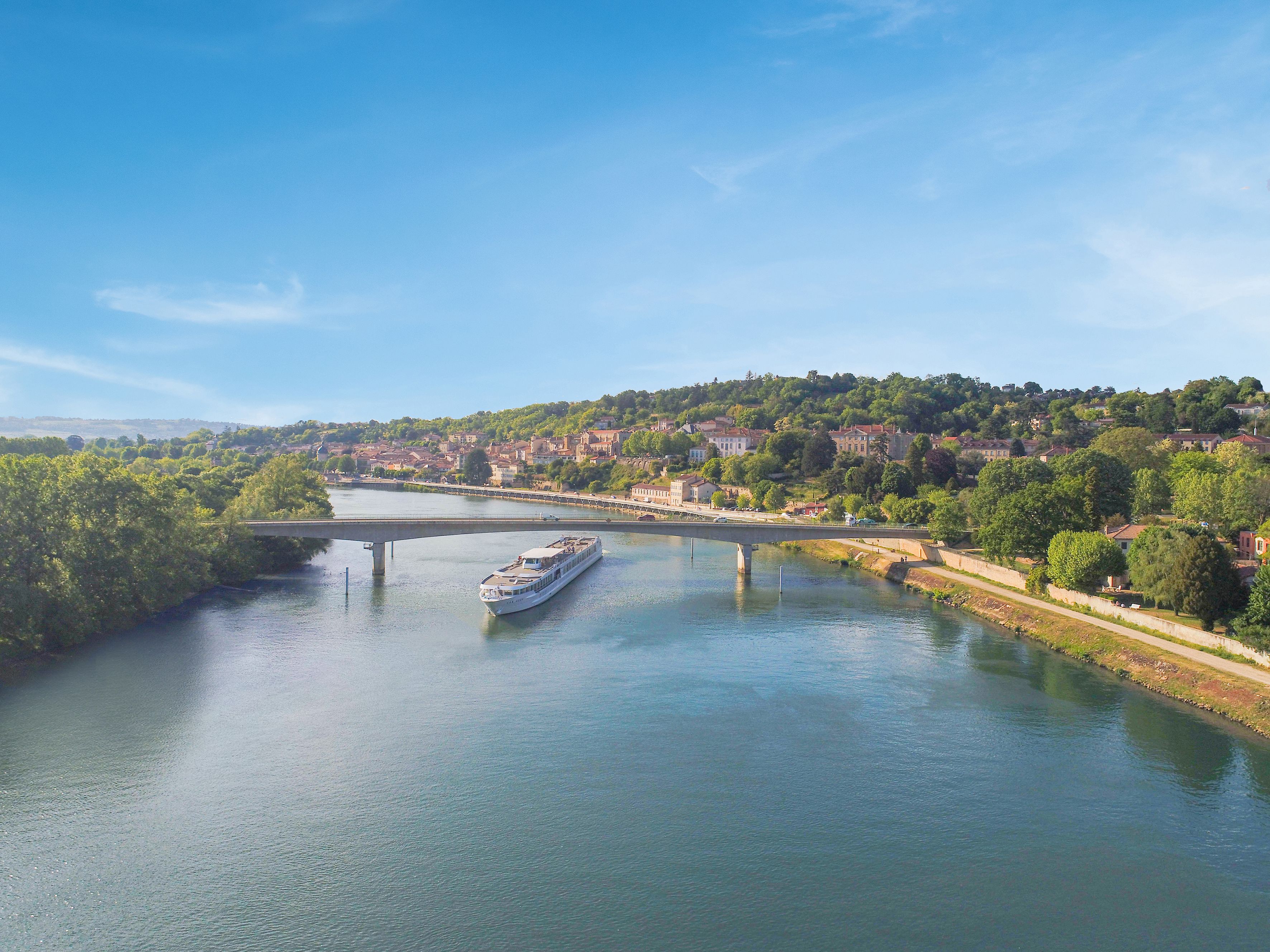Cruising along some of the world’s most famous rivers, you gain a unique perspective when you explore a region from its waterways. Free from the obstacles imposed when travelling by land, you can sail in the wake of legendary heroes, glide along rivers once exploited by Viking raiders and traders and admire the ingenuity of the engineers of the industrial age, making your way along canals which helped link river to ocean and continent to continent. Our river cruises include the Seine, Rhône, Nile, plus Guadalquivir and Guadiana in Spain.
At sea, we explore fabulous sites on the Mediterranean and Dalmatian coastline and cruise across stretches of the crystal-clear Aegean.
The Rhône
Flowing from the heights of the Swiss Alps, the scenic and often wild course of the Rhône is shaped by the influences of the mountains, right down to the river mouth, where sediments marking the Rhône’s birth in an Alpine glacier are carried into the warmer waters of the Mediterranean.
This beautiful region of France has long been a draw for artists and art lovers and its exceptional vineyards are a mecca for wine enthusiasts the world over. The river’s delta which begins near Arles, encloses the Camargue, a habitat rich in wildlife from flamingos to wild ponies and as the Rhone linked the great Roman settlements Arles, Orange, Nîmes and Lugdunum (modern day Lyon) – here is plenty of wonderful Roman sites to discover.
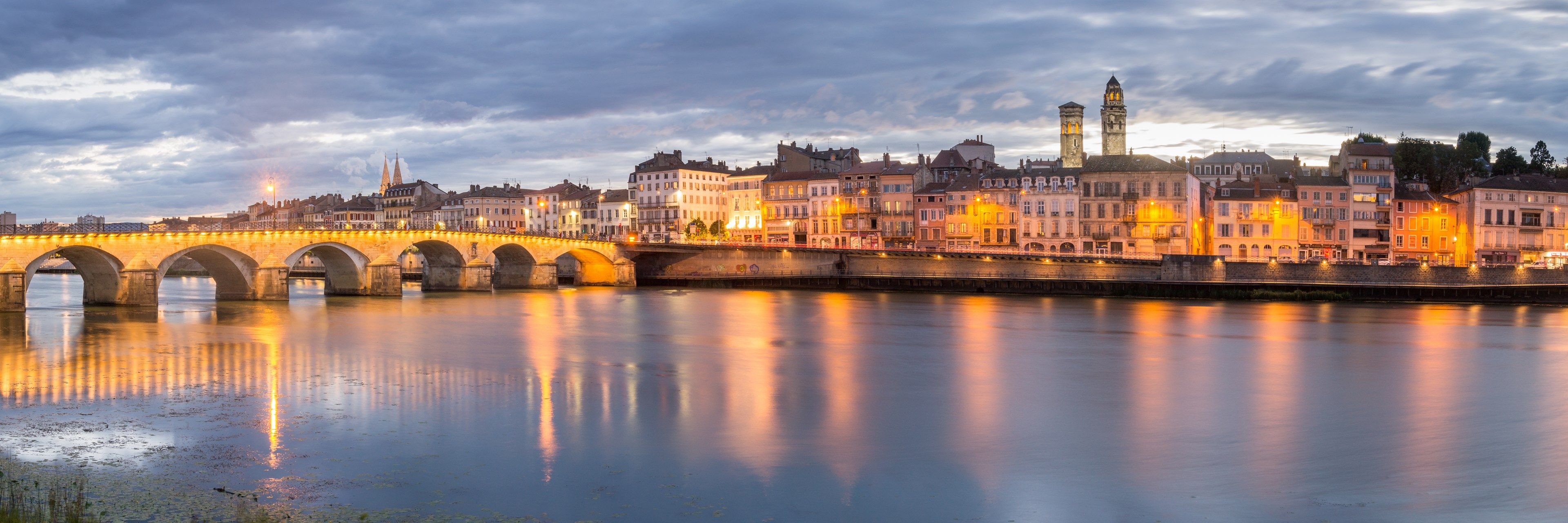
The Guadalquivir
Rising in the mountains of Jaén province, the Guadalquivir follows a western course through Andalucía, before emptying into the Atlantic Ocean on the Gulf of Cadiz. Acting as a conduit of trade and culture for millennia, it is from here that ships first set sail to the New World eventually spreading untold wealth to Seville, Cadiz and the rest of the world.
For Arab poets, Andalucía was “the land on the brink of paradise”. It is famous for is beautiful Moorish inspired architecture, but it was also enriched by the gold that came from the Americas evident in the UNESCO listed sites clustered in the cities of Seville and Granada.
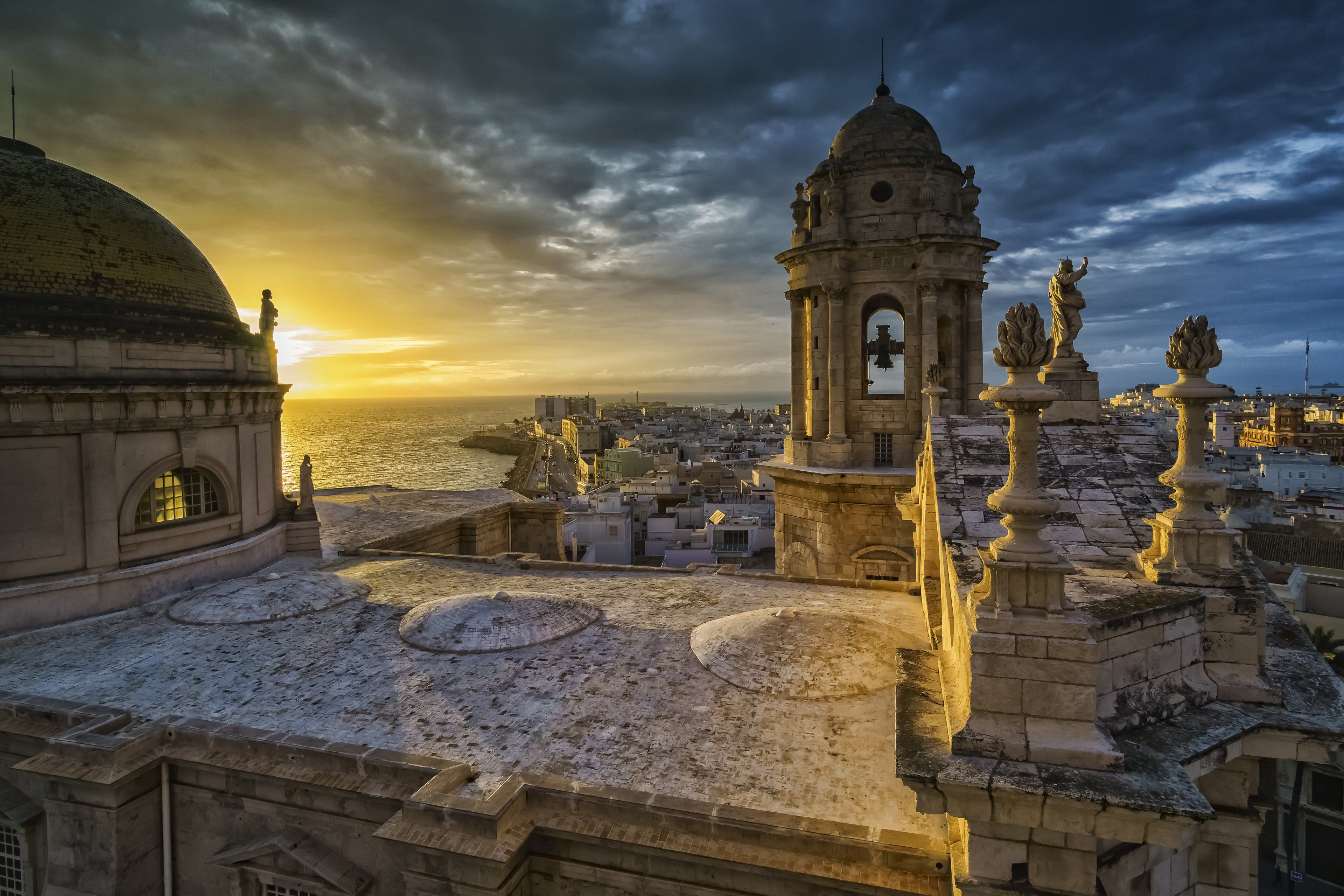
The Guadiana
Running the length of Portugal’s south-eastern border with neighbouring Spain, the Guadiana flows west, meandering through some of the most picturesque landscapes in the Iberian Peninsula before spilling into the Gulf of Cadiz. Its fertile banks are dotted with sleepy villages and river beaches with the backdrop of green hills and cork oak forests, like the charming hillside town of Alcoutim, a hidden gem of inland Algarve.
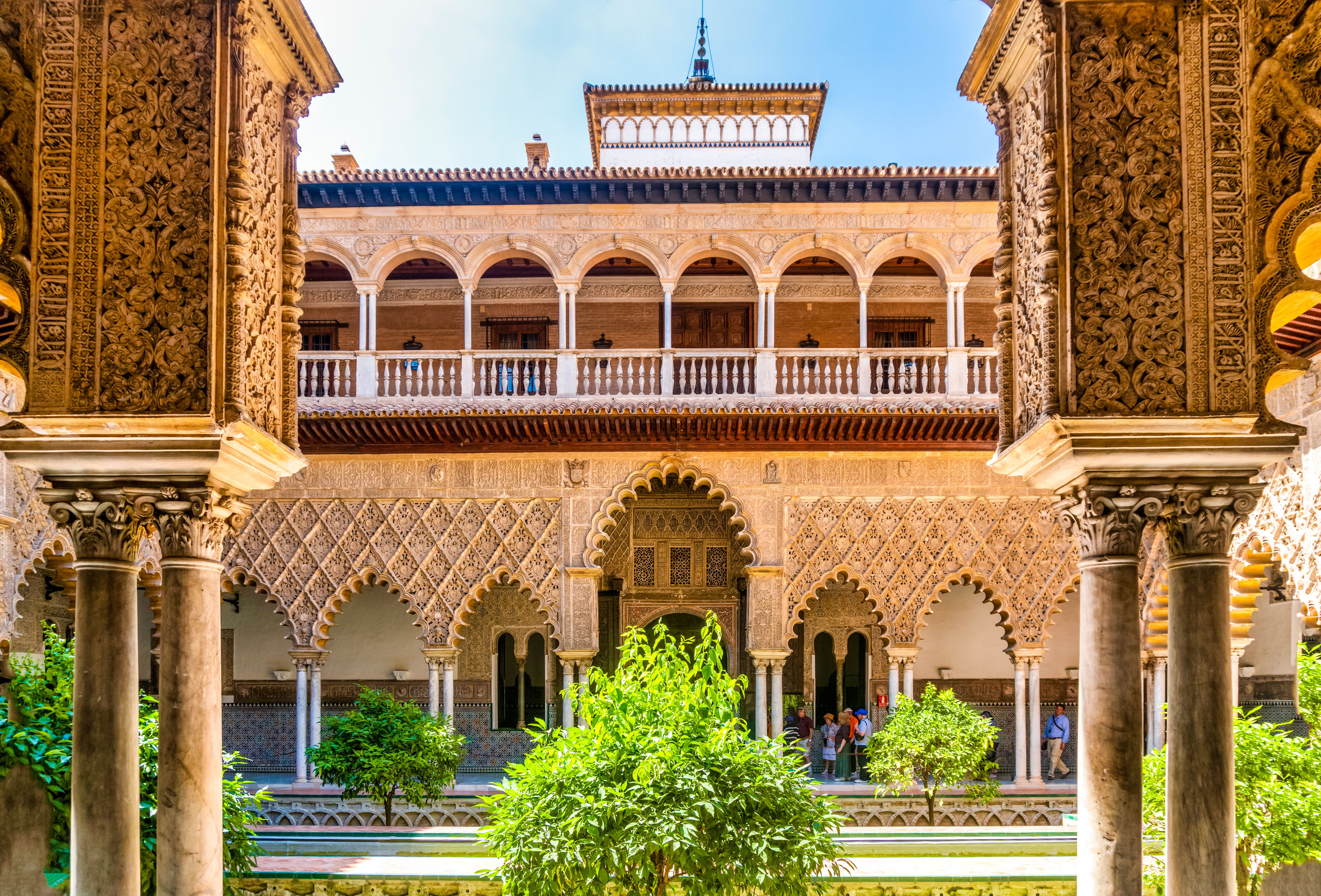
The Seine
The Seine emerges in the hills of the Cote d’Or at a remote spot in Burgundy, about 20 miles north of Dijon. Remains of a Gallo-Roman sanctuary have been found at is source, dedicated to the Celtic goddess Sequana, after whom the river is likely to have been named. Curving through Paris, the river flows lazily northwest in sweeping loops across Normandy to the coast where it empties into the English Channel. This route, navigable by sea vessels, then barges, into the heart of the country has played an important role in the history of France from Viking invasion to the battles of the Middle Ages and World War II.
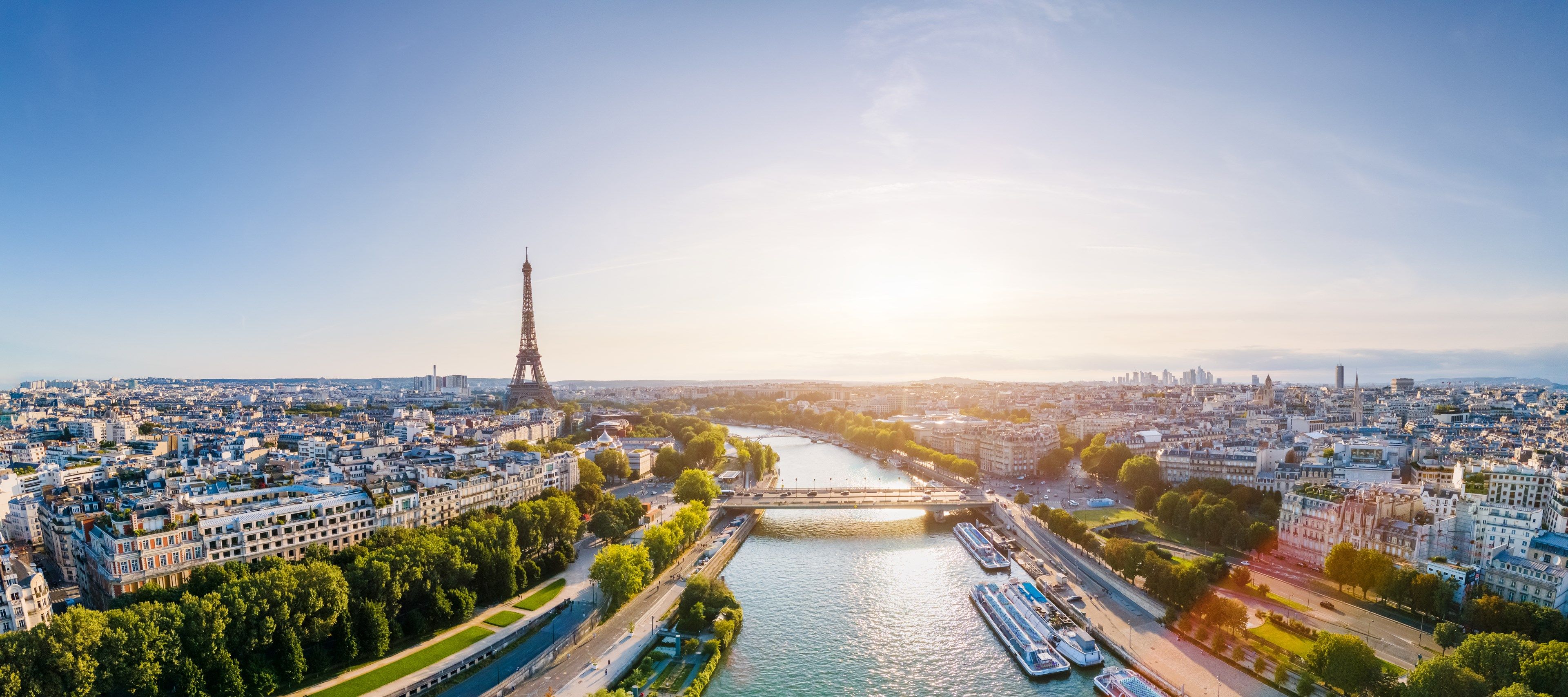
The Nile
Also known as the Father of African rivers, the Nile rises in the waters that flow into Lake Victoria and empties into the Mediterranean Sea more than 4,000 miles to the north. It reaches its widest point in Egypt, and it is here that the stage was set for the evolution and decay of advanced civilizations in the ancient world. Here the great cities of the pharaohs were built, the gigantic stones used to build them transported by river barge. For thousands of years the river has served as a means of transportation and continues to do so to the present day.
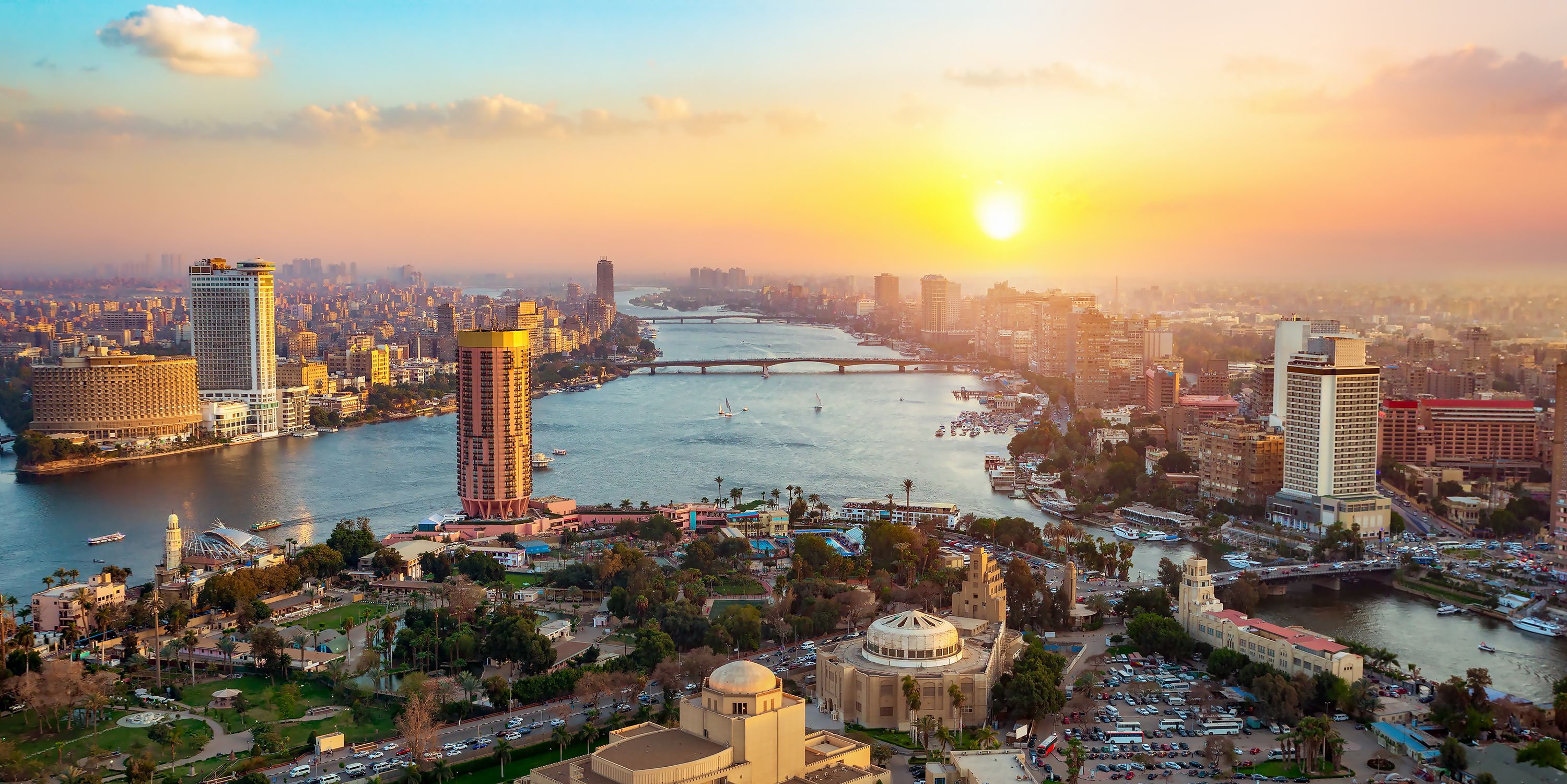
The Aegean Sea
The Aegean Sea is an arm of the Mediterranean between Greece and Turkey and the birthplace of two fascinating ancient civilisations: the Minoans of Crete and the Mycenaeans of the Peloponnese. It features prominently in many of the most famous Greek Myths(Icarus and Daedalus, Theseus, Jason and the Argonauts) and cruising here is to follow literally in the wake of many legendary heroes.
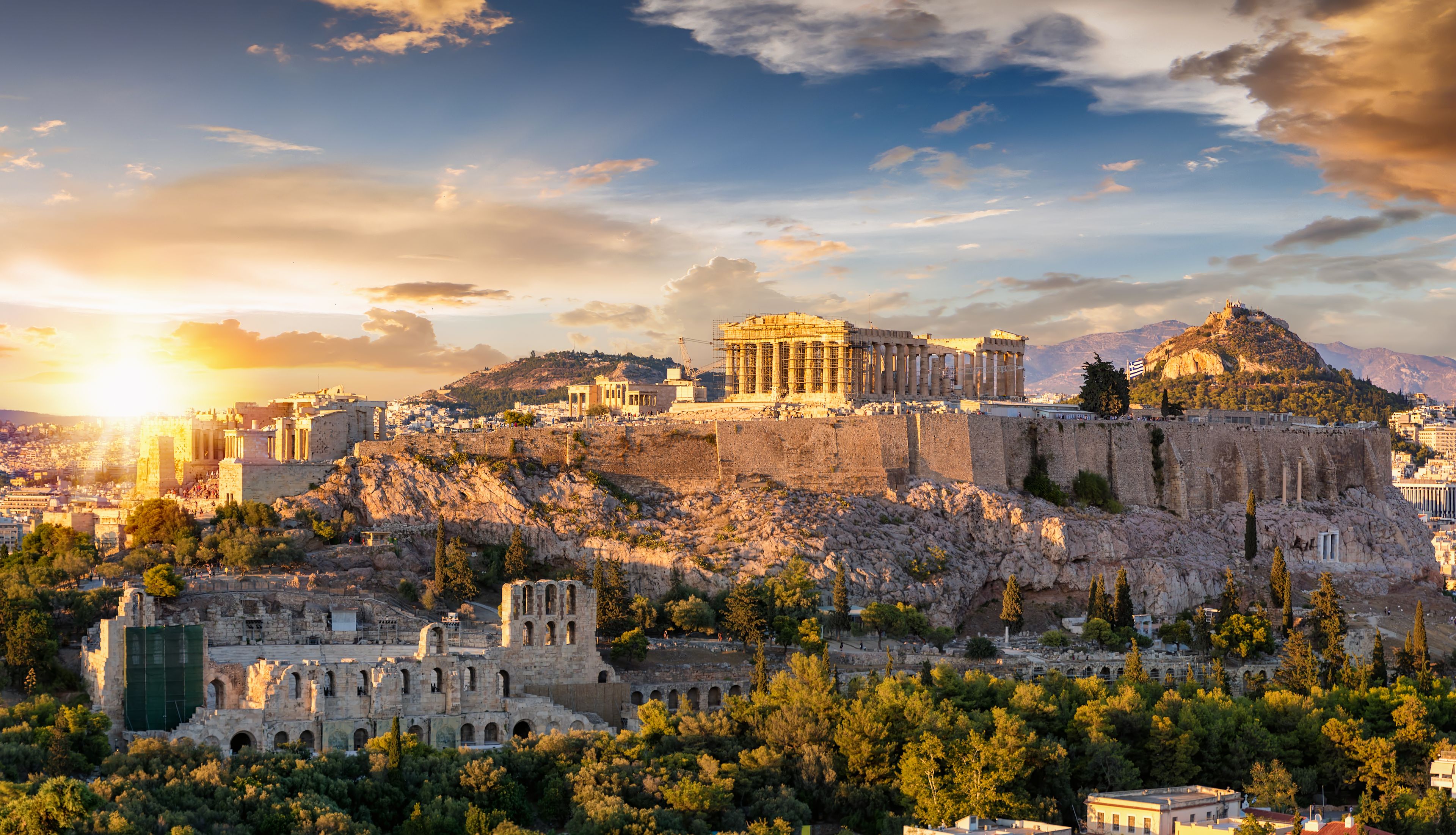
Adriatic Sea
Celebrated for its warm temperatures and calm waters, the Adriatic Sea is the Mediterranean’s northernmost arm separating Italy and the Balkan Peninsula. In antiquity, Adriatic shores were settled by Greek colonists and, as Rome expanded, it became a Roman ‘lake’ within a wider Mediterranean lake. There is much to discover here as we sail along the Dalmatian coast from the lovely port towns of Split, Dubrovnik and Šibenik to the little villages, sheltered coves and olive groves of numerous islands hemmed in by rocky fences which dot their hillsides.
